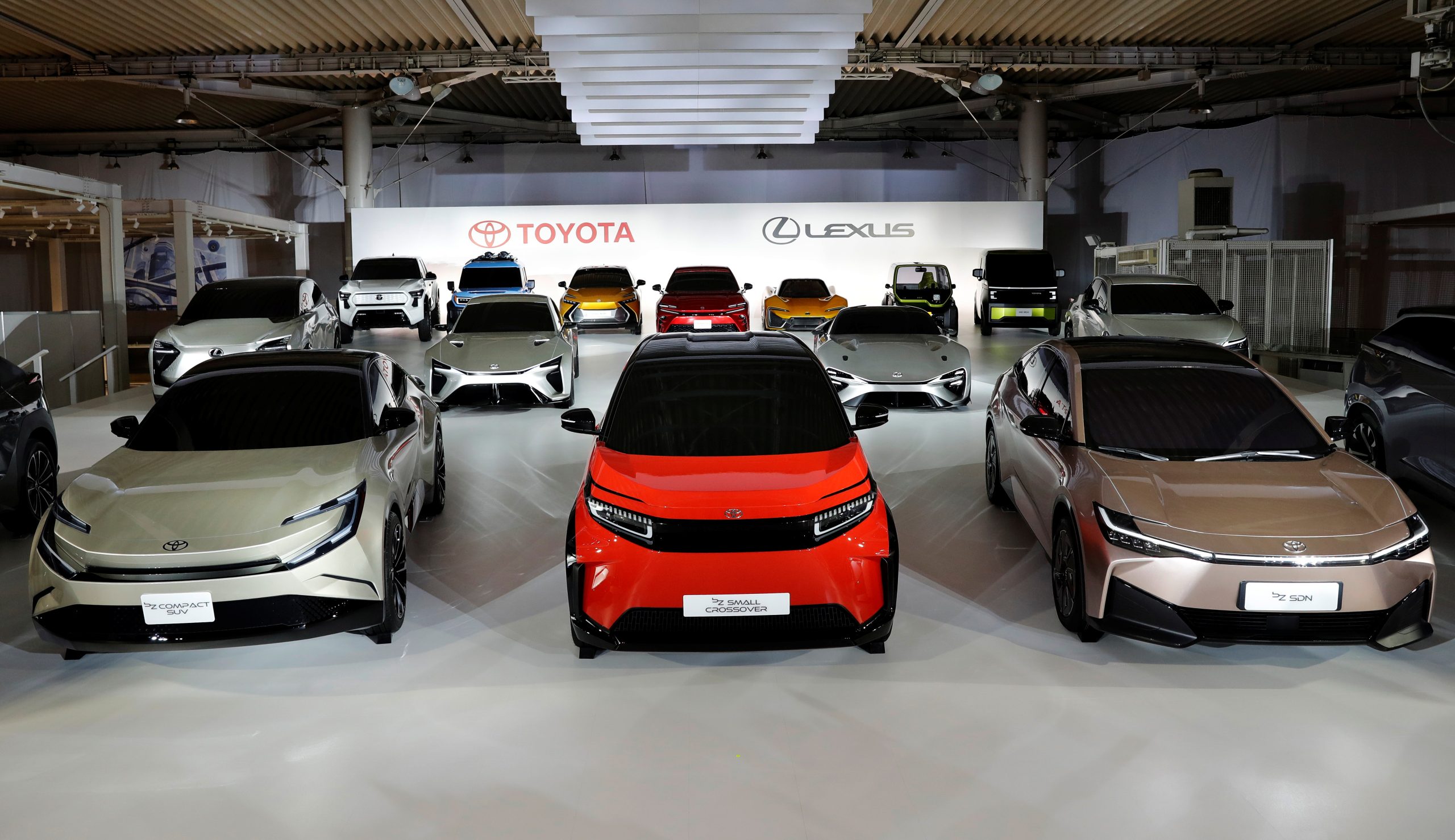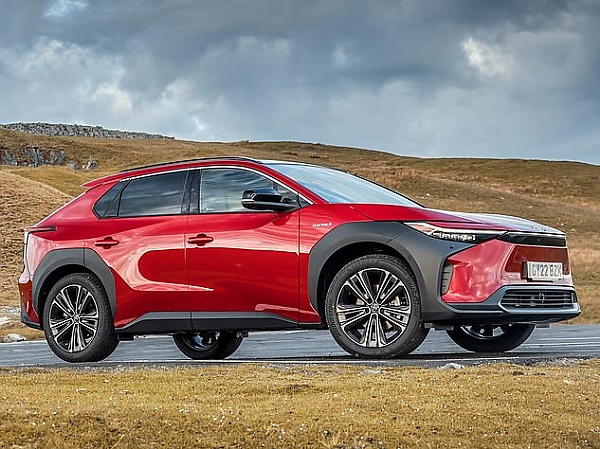In the year 2023, Japan stands out as the sole developed country and significant automotive market that remains hesitant towards embracing plug-in vehicles. While the reasons for this stance are varied, the primary responsibility falls on Toyota.
Despite America’s historical reliance on combustion engines and fossil fuels, there has been a partial shift towards electric vehicles (EVs). By 2023, EVs will constitute 8% of new vehicle sales—a remarkable development, albeit with a slight slowdown towards the year’s end.
This contrasts starkly with the Japanese market’s reluctance towards anything electric, including plug-in hybrids and pure electric vehicles.
In the previous year, electric cars accounted for a mere 2% of sales in Japan, doubling from 2022 but still maintaining an exceptionally low market share, considering Japan’s annual sales volume of 4 million units.

This situation underscores the significant potential for improvement among manufacturers. However, Japan’s historical stance as an automotive export-driven nation, despite being surpassed by China in 2023, poses formidable barriers for European or American brands attempting to penetrate the market.
Combined, these brands constitute only 6% of sales in Japan. To put it into perspective, each 1% of the Japanese market translates to approximately 40,000 cars, a figure that no 100% electric foreign model can realistically attain, as noted by Inovev.
When it comes to best-selling cars in Japan for 2023, 8 out of the top 10 are Toyotas, with Honda’s Freed and Nissan’s Note occupying the remaining spots.
The strong preference for domestic brands among Japanese consumers contributes to the challenges faced by foreign manufacturers in gaining a foothold in the market.
The absence or limited availability of electric offerings from local brands further dampens the prospects for electric vehicle adoption in Japan. Toyota, the dominant force in the Japanese market, currently offers only the bZ4X, which may be perceived as insufficient or too large to alter the electric vehicle market landscape significantly.
However, the lack of diversity in Japanese electric vehicle offerings isn’t the sole factor at play. Japan has been heavily invested in hydrogen technology for several years, forging partnerships with countries like Australia.
Furthermore, the habit of charging electric vehicles remains uncommon among the Japanese populace, particularly in densely populated areas where access to charging infrastructure is not readily available.
Thus, addressing the challenges both in terms of manufacturing electric vehicles and enhancing charging infrastructure is imperative to drive the adoption of electric vehicles in Japan.

